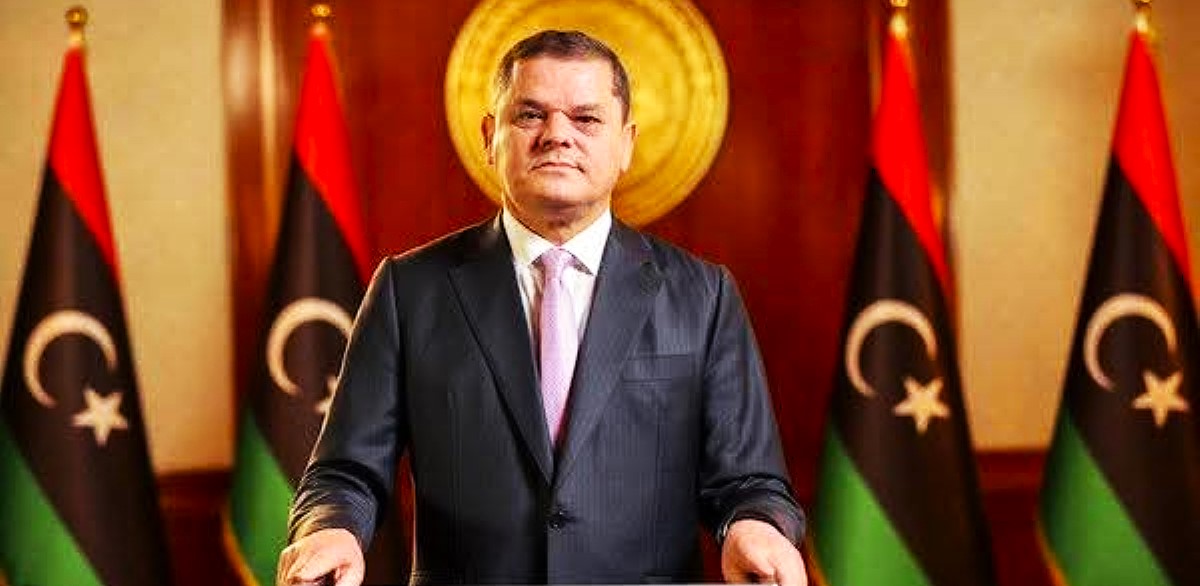Libya’s Attorney General, Al-Siddiq Al-Sour, has been officially instructed by the Speaker of Parliament Agilla Salah of the Eastern region government, to impose a travel ban on the Prime Minister of Western region unity government, Abdul Hamid Dbeibeh.
The attorney general has also been directed to launch an investigation against Dbeibeh who is accused of involvement in the killing and injuring of protesters and triggering violent clashes in Tripoli to stay in power.
But in his recent address today with Nation, Prime Minister of Western region unity government Abdul Hamid Dbeibeh reaffirmed his government’s commitment to dismantling armed groups and restoring state authority across Libya.
He acknowledged the deep-rooted power of militias, stating that when his government took office, it found armed groups “larger than the state itself.”
He praised the success of the Abu Salim operation, which resulted in the death of Abdelghani al-Kikli (Ghneiwa), leader of the Stability Support Apparatus (SSA), and the dismantling of his network.
Dbeibeh described Ghneiwa as a militia leader who controlled six banks, extorted ministers, and ruled neighborhoods with fear, even influencing the health sector by forcing the import of medicine from Iraq.
Dbeibeh also denied involvement with Osama Anjem, ally of Al Rada militias group who was recently named in an International Criminal Court report for war crimes, including the rape of a minor. “I never met Anjem, never sought his release from Italy, and I cannot accept his presence,” Dbeibeh said.
Responding to accusations of orchestrating war, he stated: “If I had planned a war, I would not have stayed in my home in Ben Ashour, the very heart of the clashes.”
The Prime Minister admitted some decisions after the Abu Salim operation were rushed but insisted they were necessary to assert state control. He also announced the appointment of a new head of the Internal Security Agency, pledging that “no one will be wronged from now on.”
Dbeibeh went further to accuse leaders in the East, including Aguila Saleh and figures in military headquarters in Benghazi under Khalifa Haftar, of trying to destabilize the capital by enabling militias and plotting a coup in the chaos following the Abu Salim crackdown.
While he acknowledged that some protests were genuine, Dbeibeh claimed others were paid and manipulated, yet he emphasized that “the barrier of fear has been broken” and called on militia members to join the state through lawful means.
“For the first time,” he said, “Libyans have real hope for a state of law and institutions.

